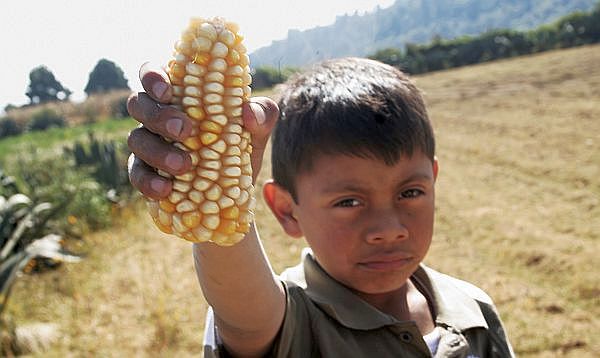Update: This story was originally released by Reuters stating that the new center would be developing new hybrid varieties and GMO strains of corn. Reuters has since retracted the story and taken it down. Apparently the Jalisco center will, by law, produce only hybrid stains of corn seeds.
Guadalajara, Jalisco, Mexico - Global seed technology giant Monsanto said this week that it has launched a global center in Mexico for developing new hybrid and genetically modified strains of corn, part of the company's push to boost output of the planet's most widely produced grain.
The center, based in Tlajomulco de Zuniga on the southern fringe of the western city of Guadalajara, will be used to centralize development of Monsanto's corn seed research, mainly for the US market, the company said.
"The aim is to create new varieties which are tolerant to diseases and the stresses that affect maize cultivation all over the world due to growing negative conditions caused by global climate change," the company said in a statement.
A Monsanto official did not immediately respond to a request to detail how the project is related to the company's existing efforts to expand beyond pilot plantings of genetically modified corn in Mexico, or how much it is spending on the new center.
Scientists say modern corn comes from teosinte, a tiny wild grain native to Mexico.
US-based Monsanto is among several multinational agricultural firms seeking permission for widespread planting of corn that harnesses genetically modified organisms (GMO) to boost desirable characteristics of the staple crop in Mexico, where the issue is very controversial
Proponents of GMO corn say studies show that output will rise and costly inputs such as pesticides and fertilizers will fall, and say that genetically modified crops have proven safe for human consumption.
Critics contend that large-scale plantings will contaminate native strains of the grain and harm biodiversity. They also point to toxins that protect GMO corn against pests that may be linked to elevated insect mortality, which could undermine pollination.
Last year, in a victory for opponents of GMO corn, a federal judge in Mexico City ordered a temporary halt to the government's ability to issue any new GMO corn permits.
The judge's order remains in effect.
Original Story


